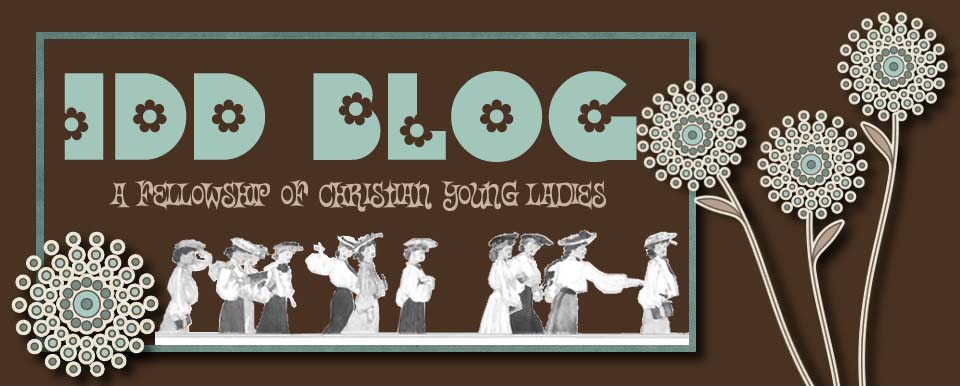How to read a poem, part 2
You can read the first part [HERE].
In the last post I talked about how to read a poem, using "God's Grandeur" by Gerard Manley Hopkins as an example. In this post I'm going to share some of what I see in "God's Grandeur."
This poem is a sonnet--to be more specific, a Petrarchan sonnet. Therefore it has 14 lines in the following rhyme pattern (or rhyme scheme):
A
B
B
A
A
B
B
A
C
D
C
D
C
D
I divided into two sections. The first contains two thoughts, the second one.
Let's look at the first thought of the first section (this is starting to sound a little like Charades, isn't it?):
The world is charged with the grandeur of God.
It will flame out, like shining from shook foil;
It gathers to a greatness, like the ooze of oil
Crushed. Why do men then now not reck his rod?
* Until the last line, all of the statements are positive ("is charged," "will flame out," "gathers to a greatness")
* The positive statements are all attributes of the grandeur of God.
* The first negative statement is introduced with men.
* The "now" in the last sentence places the poem in the present
* Three major subjects of the poem are introduced: the world, God, and men
Let's move on to the second thought of the first section:
Generations have trod, have trod, have trod;
And all is seared with trade; bleared, smeared with toil;
And wears man’s smudge and shares man’s smell: the soil
Is bare now, nor can foot feel, being shod.
* This thought marks a change from most of the first thought but continues from the last sentence
* Hopkins is still describing the present day
* The statements are positive but the connotations are negative ("bleared," "smeared," "smudge")
* Here man is out of touch with nature ("nor can foot feel, being shod") and in fact has imposed himself on the world.
Now comes a very important part: a break. You can see it on the page. There's a space before the next thought. This pattern follows the form of Petrarchan sonnets.
Then comes the second section:
And for all this, nature is never spent;
There lives the dearest freshness deep down things;
And though the last lights off the black West went
Oh, morning, at the brown brink eastward, springs—
Because the Holy Ghost over the bent
World broods with warm breast and with ah! bright wings.
* Here the attitude of the poem shifts dramatically. Before everything was "bleared" and "smeared"--and they still are. But there is also "the dearest freshness deep down things"
* The renewal of the world is constant and ever present. This renewal is only possible with God, via the work of the Holy Spirit (or Holy Ghost), which is here compared to a mother hen brooding over her chicks.
This analysis is far from exhaustive, but I'm not really trying to be exhaustive. I'm trying to show you that if you don't let yourself be discouraged and keep reading attentively, you can figure out what a poem is trying to say without as much difficulty as you might think!
Do you have any other thoughts? Leave them in the comments!








0 comments:
Post a Comment